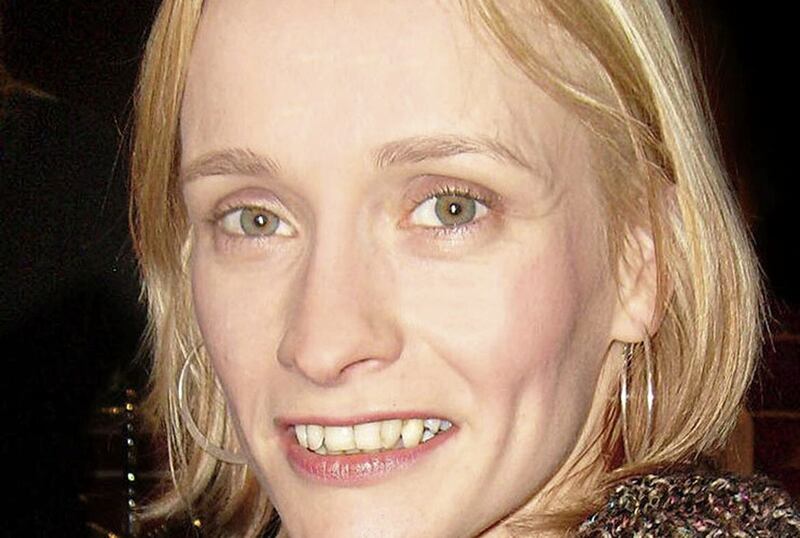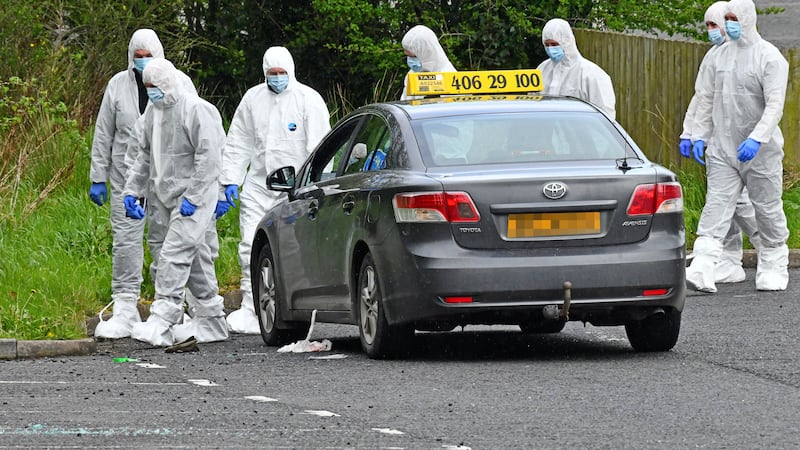A chef jailed for killing his former fiancee should have been acquitted because it could not be certain she was dead, the Court of Appeal heard on Wednesday.
Johnny Miller is attempting to overturn his conviction for murdering 34-year-old Charlotte Murray at their home in Co Tyrone 11 years ago.
With her body never recovered, Miller’s barrister claimed the trial in 2019 wrongly continued without proof she was no longer alive.
Senior judges were told alleged subsequent sightings of Ms Murray have been made, and that she could also have been killed by someone else in the intervening period.

Desmond Hutton KC disputed the strength of the circumstantial evidence against 53-year-old Miller, contending there were reasonable alternative explanations for what might have happened to his ex-partner.
“That related to simply whether the court could be satisfied at the close of the prosecution case it was proven that she was dead,” he said.
“Even if one accepted she was dead then in 2019, there were other possibilities between 2012 and 2019.
“She may have met that fate without having befallen her on that night that the applicant was alleged to have assaulted and killed her.”
Ms Murray, who lived with Miller at Roxborough Heights in Moy, was last seen alive at Halloween in 2012.
He denied killing her and claimed she vanished after leaving him to start a new life.
When police launched a missing person inquiry Miller posted an appeal for information on Facebook, asking: “Someone must know where she is, please help.”
But the prosecution argued that he had sent text messages to Ms Murray to create a false impression she was still alive.
Mobile cell site analysis also showed her phone never left him following her alleged disappearance.
After a jury found him guilty of murder, Miller was ordered to serve a minimum 16 years of his life sentence behind bars.
Police later drained a quarry near Benburb to search for Ms Murray’s body but nothing was found.
Last year detectives also urged Miller to break his silence and reveal the location of her remains.
However, the Court of Appeal was told that his conviction is unsafe.
Defence counsel claimed Miller’s trial for murdering Ms Murray should have been halted at the closing of the prosecution case.
“If the judge looks at the evidence and says there is a prospect that no jury would be able to exclude reasonable doubt that she is dead, died on that date or whether the applicant killed her… it is his duty to stop the case at that stage,” Mr Hutton submitted.
He contended there were limits to what could be achieved by police attempts to establish if Ms Murray was still alive.
Inquiries were mainly restricted to within the United Kingdom, judges heard, where travel documents are not required and border authorities do not monitor all flights.
Further checks made with local authorities in England and Wales were of limited value, according to the defence.
“All one has to do to evade that search is use a middle name or a sister’s name,” Mr Hutton suggested.
Describing Ms Murray as having a “feisty” temperament, the barrister insisted other potential causes of death could not be ruled out.
“She had the capacity, if she had left Roxborough Heights that night unsullied, to have got herself into a scrape with someone in the intervening 12 years,” he said.
“There was evidence of contact with other persons who might have been candidates for having done something to her.
“There were other scenarios that could be considered.”
Alleged sightings of Ms Murray after the night she was said to have been killed were also raised as part of the appeal.
Although 10 reports made in 2013 were investigated and discounted by detectives, Mr Hutton argued that some had been particular and detailed.
“Objectively speaking, if witnesses had seen Charlotte Murray after the Crown say she died, that is entirely inconsistent with its case,” he told the court.
The appeal continues.


